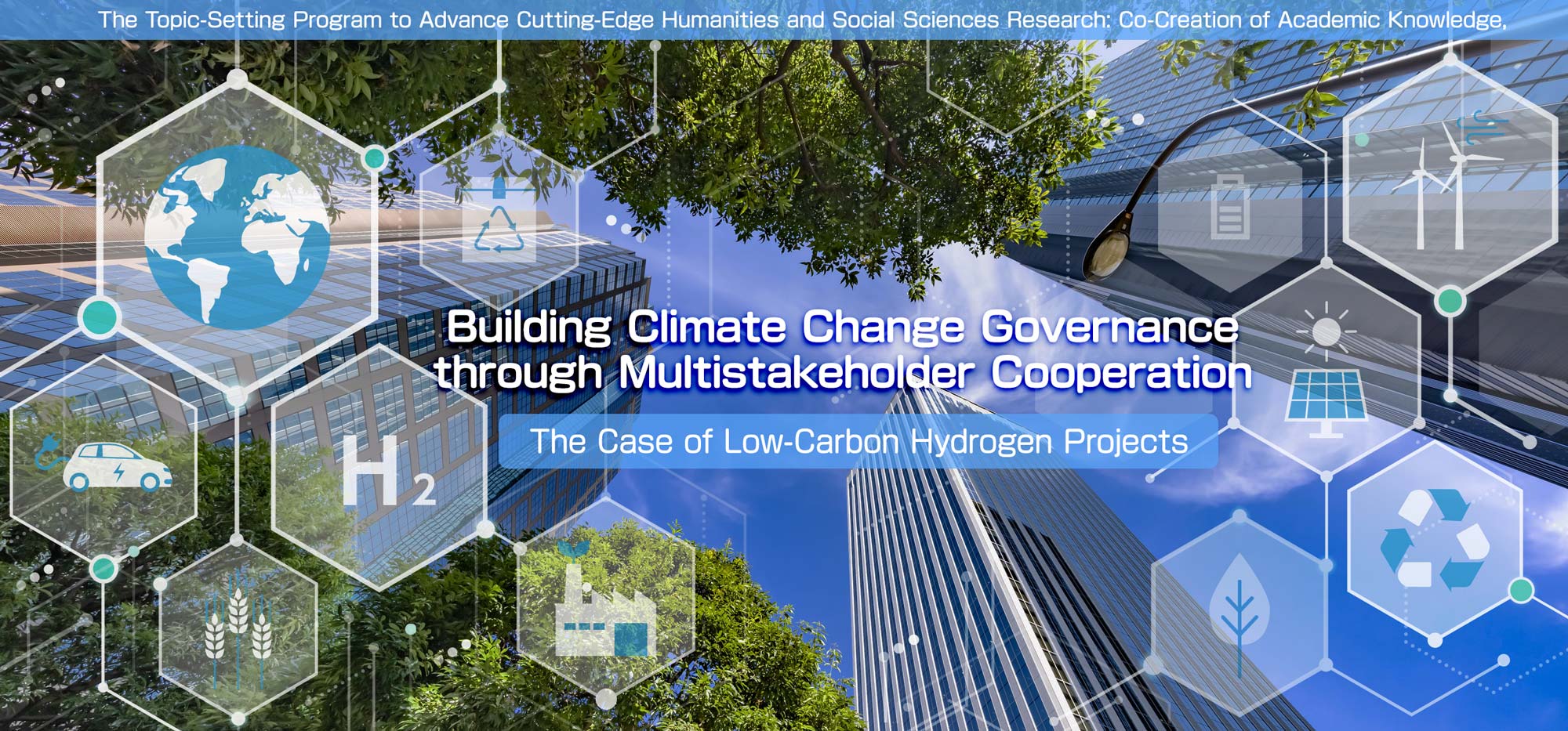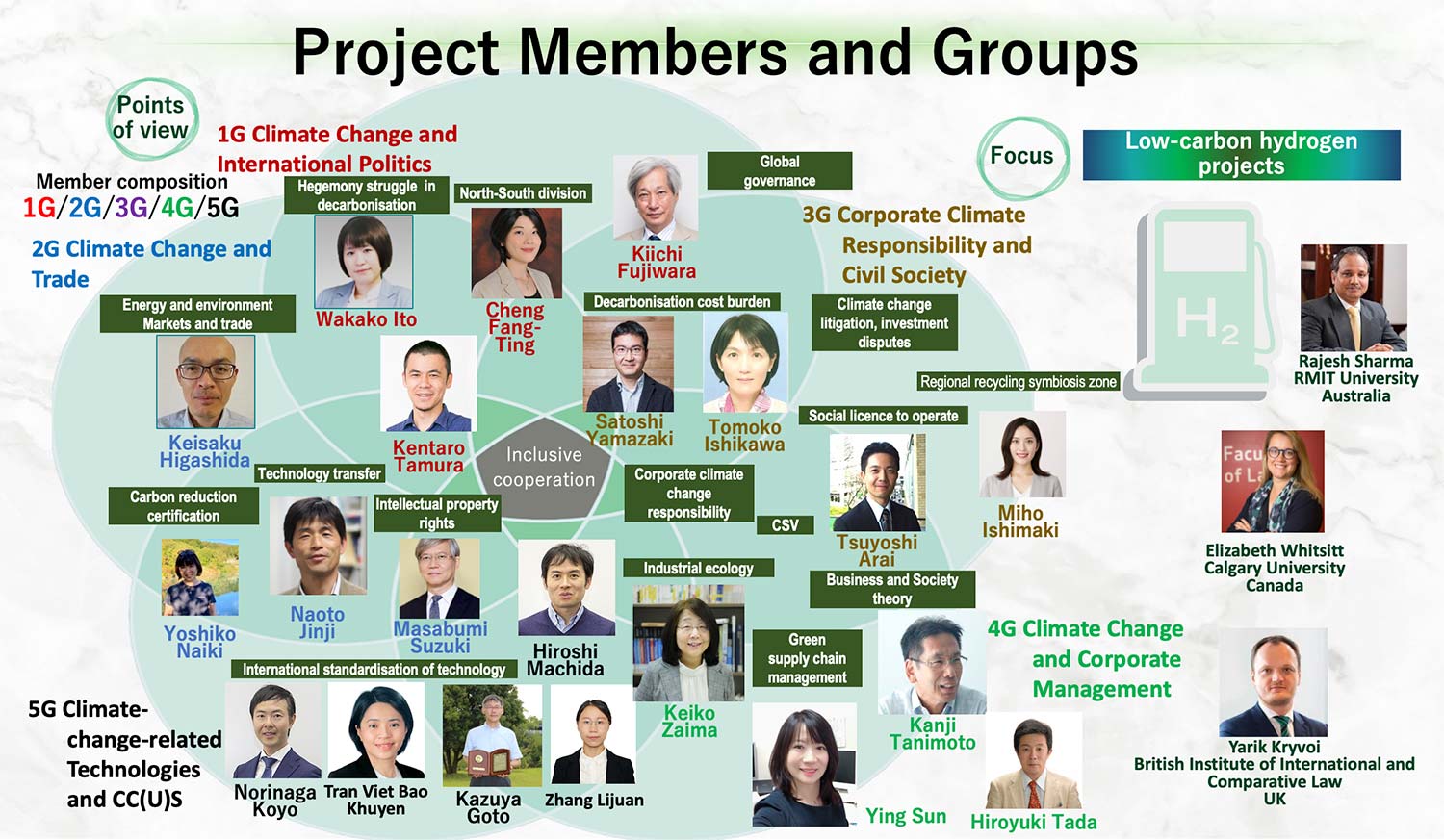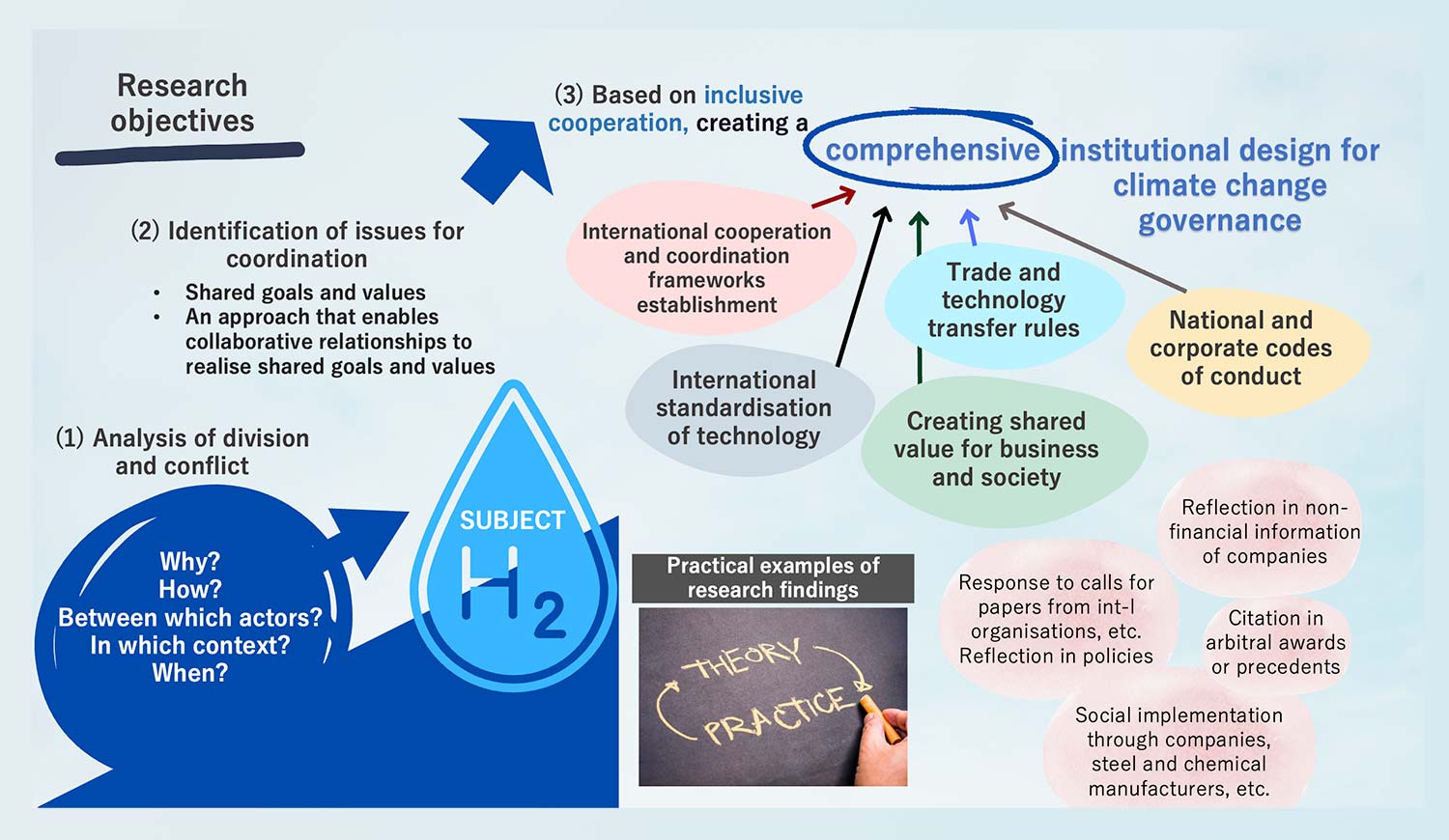
Welcome to the website of the research project “Building Climate Change Governance through Multistakeholder Cooperation: The Case of Low-Carbon Hydrogen Projects”. This project is supported by the Topic-Setting Program to Advance Cutting-Edge Humanities and Social Sciences Research: Co-Creation of Academic Knowledge, JSPS.
What's New

Mauritius Presentation
Tomoko Ishikawa and Rajesh Sharma spoke at the Mauritius Bar Association Conference 2025, 'Anchoring Mauritius as the Legal and Financial Gateway to Africa', participating in the panel 'Independence and Integrity of Adjudicators vs. Law Practitioners'. They also introduced the revised Mediation Rules and the Protocol on Climate-Change Dispute Mediation.

Mauritius Mediation Rules
Tomoko Ishikawa and Rajesh Sharma, commissioned by the Mauritius Arbitration and Mediation Center (MARC), revised the Center's Mediation Rules.
The new Mediation Rules are the first domestic mediation rules to be accompanied by a protocol on climate-change dispute mediation.
Please refer to the revised Mediation Rules and the Protocol on Climate-Change Dispute Mediation at the link below.

3rd Carbon Neutral Symposium
"The 3rd Carbon Neutral Co-Creation Symposium - Realising ESG Management and Accelerating the Use of Hydrogen" was held on November 10, 2025 at Nagoya University.
Tomoko Ishikawa delivered the keynote speech, "Low-Carbon Hydrogen Projects and Civil Society: Lessons from Climate Change and Energy Transition-Related Disputes". Koyo Norinaga served as the moderator of the panel discussion in the first session.
For event details, please see the following link (in Japanese).

Workshop Jp-Kr-Aus
Workshop 'Social Science Challenges for the Dissemination and Expansion of Local Clean Energy Production Using New Technologies' was held on 10 November at Nagoya University.
The workshop convened Japanese, Korean and Australian experts from law, policy, engineering, and social sciences to discuss the governance of hydrogen trade, technological innovation, and social acceptance.
Positing that disagreements between diverse actors have hindered effective climate change mitigation measures, our multidisciplinary study aims to propose ways to overcome division and fragmentation in climate change governance. Focusing on low-carbon hydrogen projects, we present ways of building effective and sustainable climate change governance through multi-stakeholder cooperation. In this study, experts from law, political science, economics, business administration, and chemical engineering collaborate in investigating climate change governance from the following five perspectives:
-
Climate Change and International Politics;
-
Climate Change and Trade;
-
Corporate Climate Responsibility and Civil Society;
-
Climate Change and Corporate Management;
-
Climate-change-related Technologies and CC(U)S.

We aim to propose a comprehensive institutional design that fosters inclusive cooperation between various stakeholders such as states, business, NGO‘s, citizens, and experts, focusing on low-carbon hydrogen projects. This design encompasses the issues of low-carbon hydrogen certification standards, trade and technology transfer rules, codes of conduct for countries and companies, models for shared value creation, and the international standardization of technology.


